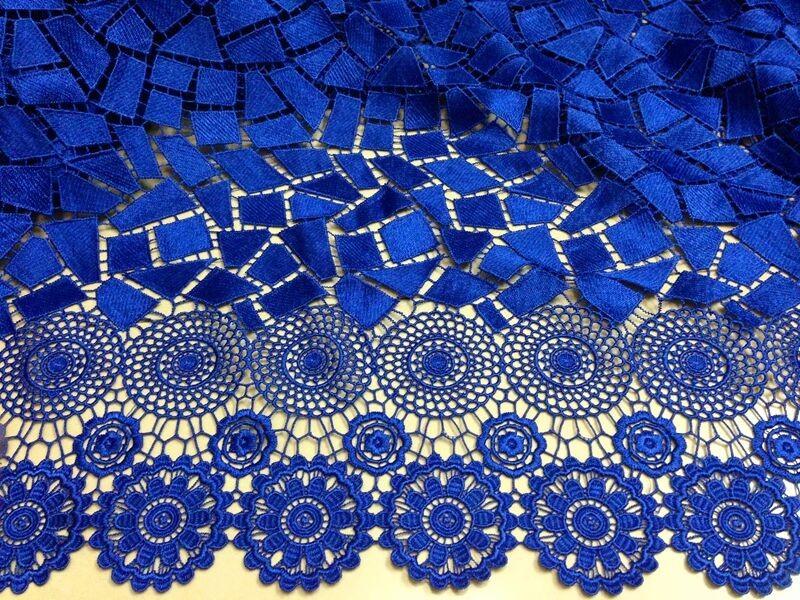Traditional Fabrics and Dresses in Nigeria
a country with a rich cultural heritage and a diverse array of traditional fabrics and dresses in Nigeria From the vibrant and colorful Ankara fabric to the luxurious Mikado, traditional textiles play an important role in preserving the nation’s cultural identity.

The Importance of Traditional Fabrics and Dresses
Traditional fabrics and dresses are more than just pieces of cloth; they are symbols of the nation’s history, heritage, and identity. By wearing traditional attire, Nigerians are preserving and celebrating the cultural traditions that make their country unique. Whether it is a wedding, a festival, or an everyday occasion, traditional fabrics, and dresses are an integral part of Nigerian life.
The Diversity of Traditional Fabrics and Dresses
Nigeria is home to a wide variety of traditional fabrics, each with its unique history, significance, and cultural significance. From the vibrant and intricate designs of Ankara fabric to the luxurious and elegant feel of Mikado, traditional textiles are a crucial part of the country’s cultural heritage. Whether it is a traditional wedding gown, a brightly-colored dashiki, or an intricately beaded ceremonial garment, traditional fabrics, and dresses are an expression of the nation’s rich cultural heritage.
The Future of Traditional Dress and Fabrics
Despite the rise of modern and western fashion, traditional fabrics and dresses remain popular in Nigeria. With the growing interest in African-inspired fashion and the desire to preserve cultural heritage, there is no doubt that traditional textiles will continue to play a significant role in the country’s fashion industry for years to come.
traditional fabrics and dresses play an important role in preserving Nigeria’s cultural heritage. From weddings to festivals and everyday life, traditional textiles are a crucial part of the country’s cultural identity. With the growing interest in African-inspired fashion and the desire to preserve cultural heritage, there is no doubt that traditional fabrics and dresses will continue to play a significant role in Nigeria’s fashion industry for years to come.
